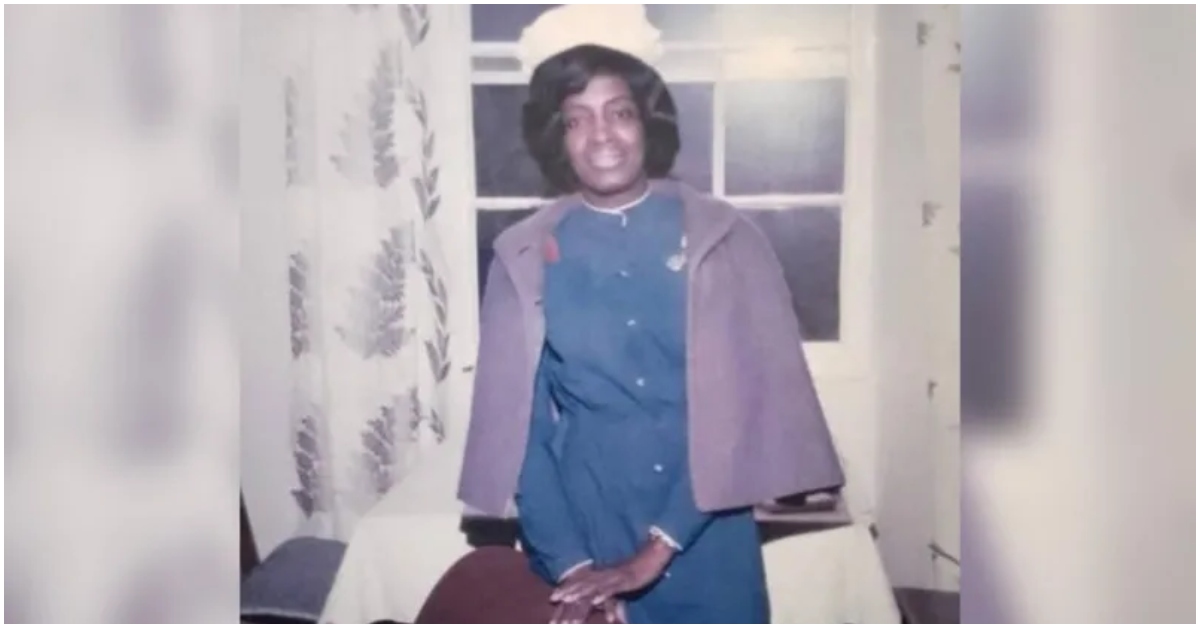A Trailblazer in Nursing
Daphne Steele etched her name in history as the first Black matron to join the National Health Service (NHS).
Her remarkable journey began in 1951 when she arrived in the UK from her native Guyana at the age of 24. Despite facing challenges early on, Steele’s determination propelled her to break barriers and inspire others.
Overcoming Obstacles
Originally from Guyana, Steele enrolled in a nursing course at St James’s Hospital in Balham, South London. After graduating two years later, she undertook midwifery training in 1954 and gained invaluable experience working in America, Oxfordshire, and Manchester.
Her appointment as matron in 1964 attracted national attention and marked a turning point in the history of the NHS. In August 1964, at the age of 36, Steele assumed the role of matron at St Winifred’s maternity hospital in Ilkley, West Yorkshire.
Her appointment was met with a mixture of press coverage, discussion, and applause, as it was rare for a Black woman to hold such a position at the time. Steele’s £1,230 annual salary would be equivalent to £20,733 today.
“My mother saw herself as a nurse and midwife. As far as she was concerned, she was just getting on with her job. She would be speechless, mind-blown, to see a plaque dedicated to her and to know that she had made such a difference to so many people.” – Robert Steele, Daphne’s son
A Lasting Legacy
Steele’s contributions to the nursing profession were far-reaching. At St Winifred’s, she oversaw 250 to 300 births per year and personally delivered 200 babies during her career.
When the hospital closed in October 1971, she continued her work at Wharfedale Children’s Hospital and later retrained as a health visitor at Leeds University, serving families in Ilkley and Bingley.
Honoring a Trailblazer
In recognition of her groundbreaking achievements, Daphne Steele has been honored with the first official blue plaque outside London by Historic England.
The plaque, unveiled by Lord Parkinson, arts and heritage minister, at the former St Winifred’s site in Ilkley, reads: “Daphne Steele. 1927-2004. Guyanese nurse and midwife. Pioneering black matron in the NHS lived and worked here.”
A Quiet Revolutionary
Chief Nursing Officer Dame Ruth May hailed Steele as “an inspiring woman” who “had a remarkable career in nursing, midwifery, and as a health visitor.”
Historic England Chief Executive Duncan Wilson described her as a “quiet revolutionary” who changed history.
Steele’s legacy continues to inspire generations of nurses from diverse backgrounds, contributing to the strength and diversity of the NHS workforce.





